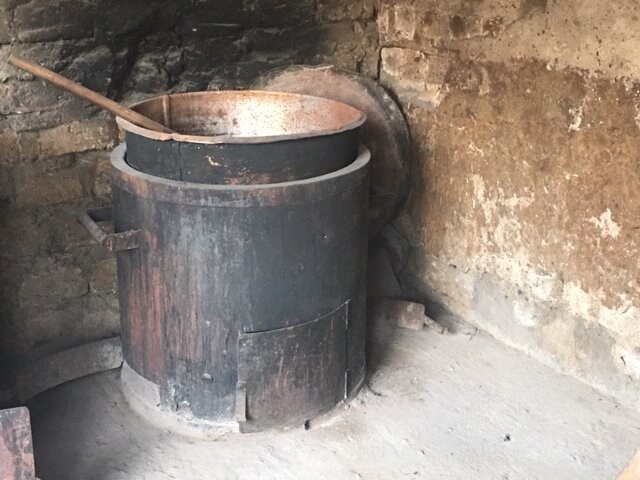The future of the Clean Development Mechanism (CDM) after 2020 is still uncertain, and the carbon markets are a bundle of unknowns. Nevertheless many carbon standards, governments, international agencies etc remain ambitious to ensure the markets will continue to grow and contribute significantly to the Paris climate goals.
It is in that spirit that we have decided to embark on our second verification exercise, closing a monitoring period of 10 months from the 1st of June 2019 and until 31st March 2020, when schools shut their doors as they went into lockdown due to COVID-19 measures.
The Monitoring Report has been uploaded and made public today, and the verification exercise has officially commenced, with 4K Earth Science as the Designated Operational Entity (DOE) in charge of verifying our operations and report of the Project Activity “Institutional Improved Cook Stoves for Schools and Institutions in Uganda”.








































